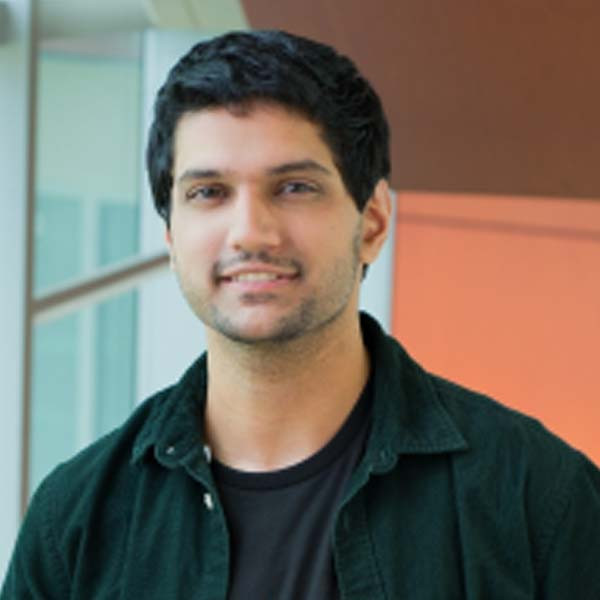
Why Pakistani universities need to offer more than just social sciences and BBA
It is all about being a doctor or an engineer in Pakistan. But where is the window of opportunity for students?
It seems quite obvious that most Pakistani universities and colleges tend to offer a handful of majors including social sciences, medicine, business administration, law, finance and accounting, and media sciences. But as students, do all our ambitions simply fit in these six categories? Well, the answer is, no.
Many US, Canadian, UK and even Asian universities have hundreds of majors to offer to its undergraduate and graduate students, ranging from art history, Arabic studies, theatre, Asian studies, literature, communication studies and the list goes on. Even if these majors were to be offered to Pakistani students, the chances of them getting jobs related to their fields is highly unlikely.
I had the misfortune of witnessing a few cases myself where many students who had majored in industrial psychology from abroad didn’t find jobs related to their field, as there is no concept of industrial psychology in Pakistan.
The sad part, however, is that the O’ and A’ level system in Pakistan has laid greater emphasis on Islamiyat, Pakistan studies and Urdu but the broader subjects i.e., world history and linguistics are absent from the curriculum. The Cambridge system seems highly bureaucratic, given its limitations. Instead of updating the syllabus, the system leaves no room for amendments.
However, our universities’ prospectus simply revolves around these six majors that shape our careers, which we did not possibly choose for ourselves. It is mainly because we have no other option but to opt for either social sciences or BBA. The choices are so limited that the students have to select their future careers from these majors. This only bounds their ability to think outside the box. It is all about being a doctor or an engineer in Pakistan. But where is the window of opportunity for students?
Shouldn’t there be diversification in career-oriented fields?
I for one believe that our universities should amend their curriculum and bring in new majors that could accommodate every ambitious student.
Many of my friends wanted to pursue their careers in literature and biochemistry but sadly, none of the local universities they applied for offered these majors. Moreover, very few universities in Pakistan have English as a major, which is funny, considering that it is taught in almost every school of Pakistan. However, in the end, when aspiring writers emerge out of the blue, they have to give up their dreams and choose a different field for themselves.
Furthermore, most universities take a standardised entry test with a rather illogical format – Multiple Choice Questions (MCQs). I wonder why MCQs are given in any entry test. Why can’t our tests be theory-based? In the end, it all boils down to how good a person writes. If all the entry tests are based on MCQs, barring the field of medicine, it will only limit a student’s ability to reason, and the same old ‘ratta’ system would most likely prevail.
Our education system might be progressing on a steady pace; however, the subject areas need to be broadened if we want to see Pakistan grow in today’s competitive world. Additionally, take any educated student from Australia or Canada and put them against a Pakistani student. I am sure you would witness a drastic difference between their intellectual ability.
Why, you ask? It is mainly because countries such as the US, Australia, UK and Canada not only have a wide range of subject areas to offer but they also encourage students to take part in extracurricular activities, and not those activities that are defined in our books. They have performing arts, international debating competitions, and sports ranging from ice hockey to swimming. These factors build characters and confidence in students and that is what we, as a nation really need in our education system.
[poll id="393"]




COMMENTS (23)
Comments are moderated and generally will be posted if they are on-topic and not abusive.
For more information, please see our Comments FAQ